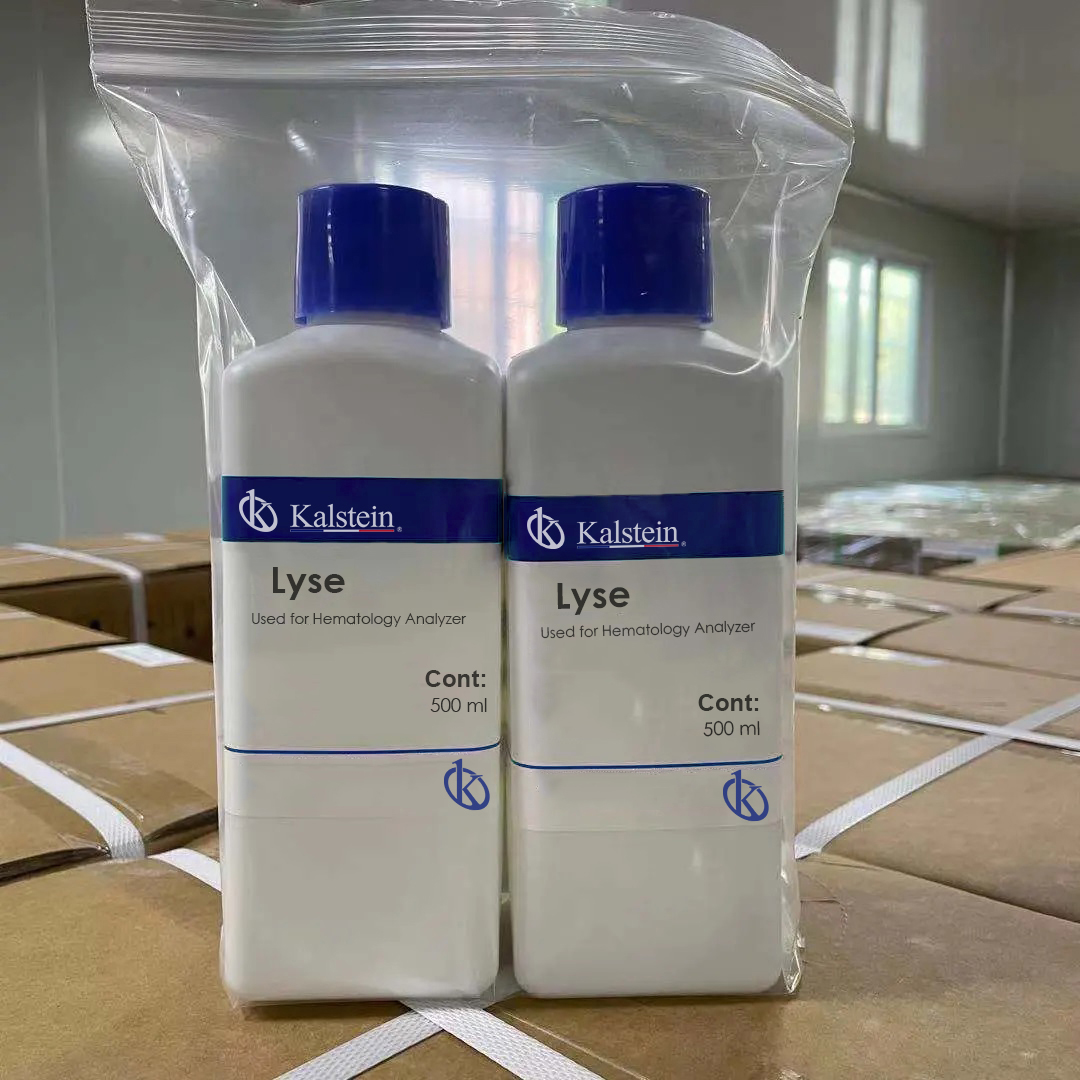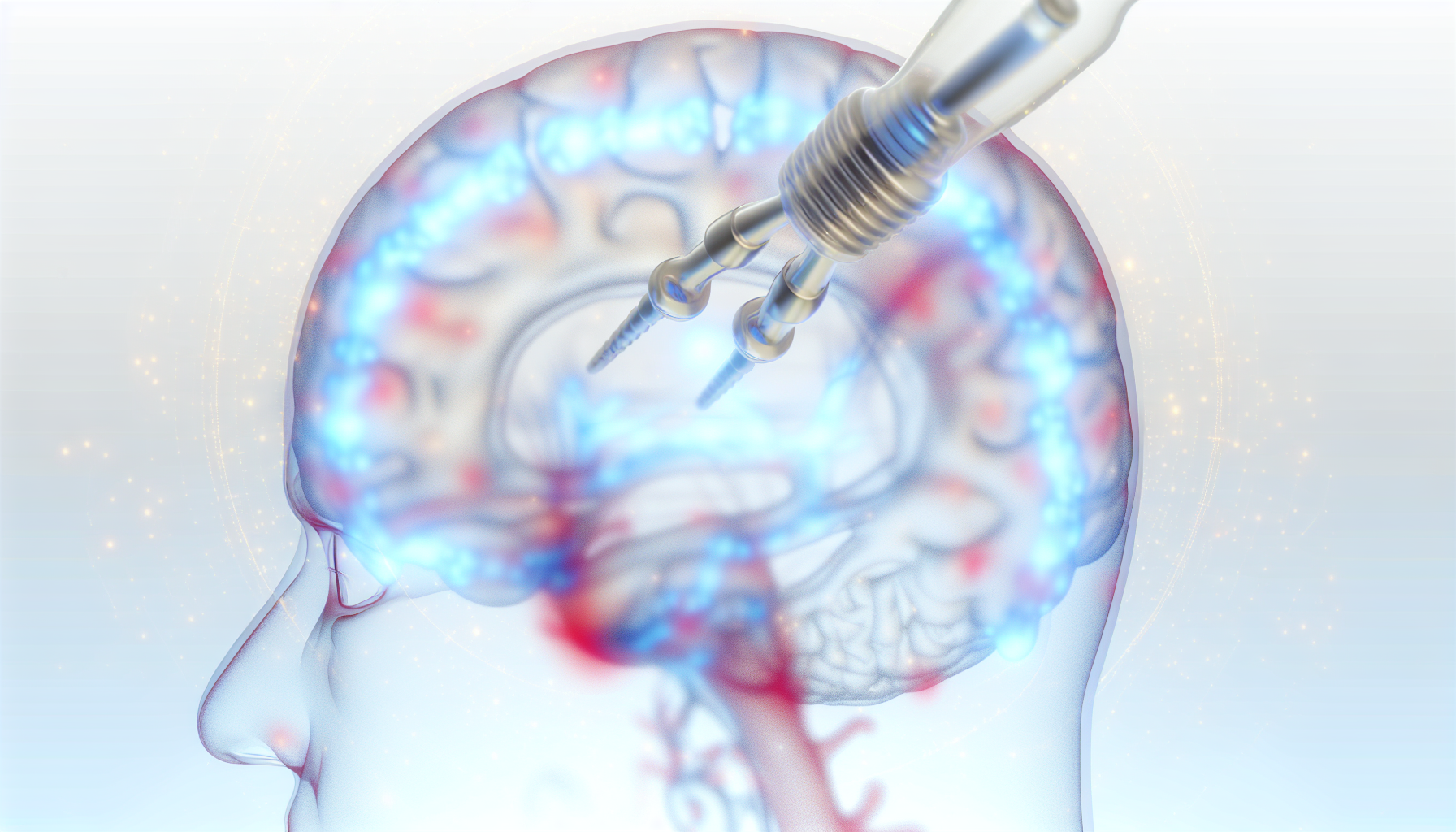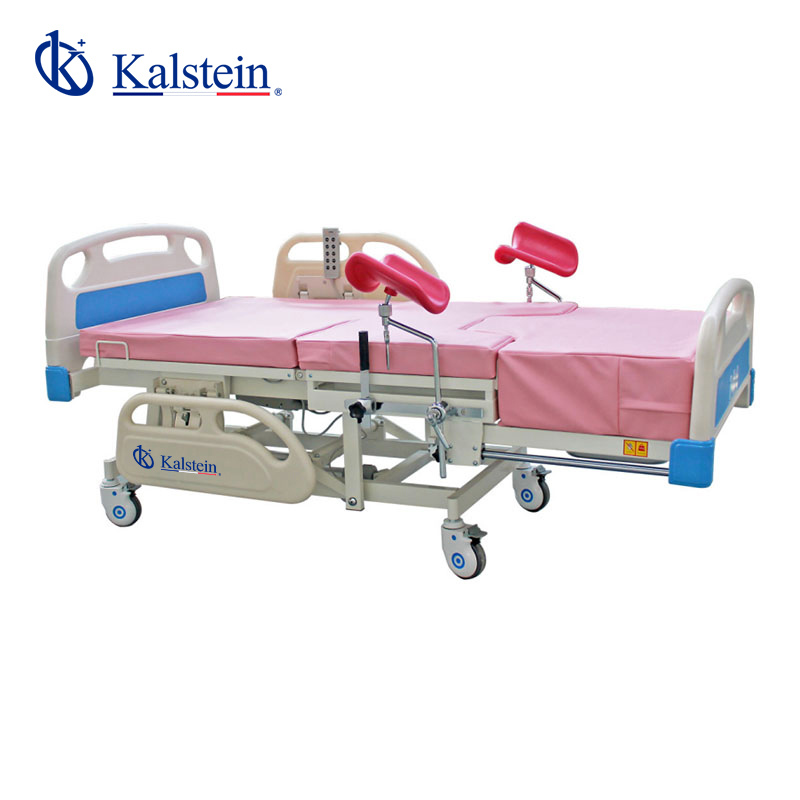Researching and developing the understanding of blood reagents for diagnostic use is an important task for the healthcare sector, as this research can help identify diseases early and effectively, providing appropriate treatments for patients with specific pathologies.
Clinical examination methods continue to improve through scientific development, and the use of specially developed products, such as blood reagents, makes the task of assessing a patient’s resources easier.
The research and development of blood reagents plays a crucial role in assessing the health of patients
Blood reagents can be used to measure the amount of substances present in a blood sample, these substances include hemoglobin, white blood cells, red blood cells, platelets and other chemical and physical substances. These measurements allow physicians and other healthcare professionals to identify pathologies related to the various components of blood.
From the data obtained from the blood reagents, healthcare professionals can diagnose diseases; for example, an increase in red blood cells may indicate anemia or heart disease; accurate detection of these pathologies contributes to significantly improving the healing process for patients.
There are different methods that specialists can use for their investigation and blood tests on patients
Blood reagents can be applied through various methods; common methods include blood collection, home assay preparation, use of pre-packaged samples, and use of synthetic reagents; each of these methods has its own advantages and disadvantages, allowing the healthcare professional to select the best one for their situation.
Researching and developing an understanding of blood reagents requires an extensive dedication to understanding human biology; this means a better understanding of the components of blood, their functions, what can affect their level and the ability to evaluate the data obtained against clinical standards.
Advances in technology also contribute to a better understanding of blood reagents
That is why, this information will help healthcare professionals design more effective tests and achieve the goal of providing the right treatment to patients.
New technologies allow for improved equipment and protocol design, which significantly improves the accuracy of results; this is especially useful when it comes to identifying specific pathologies and allowing the healthcare professional to design an appropriate treatment.
Medical specialists should stay educated and up to date with technological innovations in blood reagents
Researching and developing the understanding of blood reagents is an ongoing process, this research must take into account technological innovations, along with the social, economic and educational impact.
Ultimately; the healthcare industry can improve the quality of life of patients worldwide with the use of blood reagents for rapid and comprehensive diagnostics.
For KALSTEIN as a MANUFACTURER it is of utmost importance that specialists work with good quality reagents at the best price so that their results are accurate:
In the link below you can choose the reagent that best suits your needs HERE
In Kalstein as a MANUFACTURER you will be able to obtain the best reagents, just visit our web page HERE.




